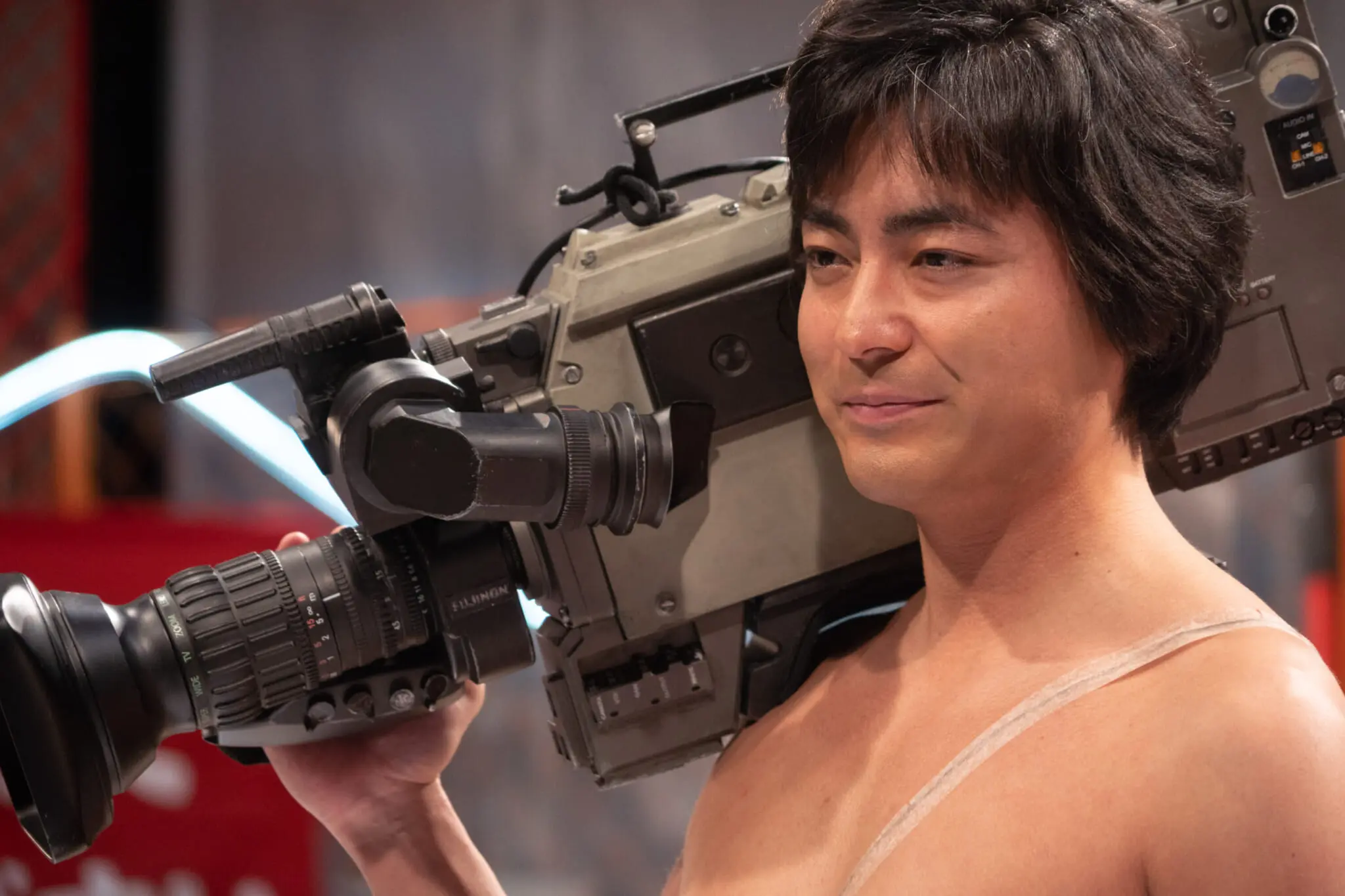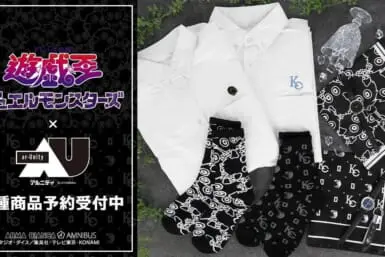The Naked Director (Netflix, 2019)
The Naked Director is a semi-autobiographical drama that follows Japanese adult video (AV) director Toru Muranishi’s rise to success. The show received rave reviews, was declared a “masterpiece” by HuffPost, and was then renewed for a follow-up season in 2021. The often full-frontal approach to the depiction of sex in the program feels rather novel against a Japanese backdrop. As does the Muranishi’s unfaltering commitment to the portrayal of “real sex,” which is contrary to the prevailing laws against the selling and consumption of uncensored pornography.
That being said, it’s important to acknowledge The Naked Director’s shortcomings. While the depiction of the world of pornography certainly facilitates, even encourages, a more open conversation about one of Japan’s biggest and most lucrative industries, a wariness towards the show’s sometimes glorified depiction of the adult entertainment business is critical.
The exploitation of women during Muranishi’s heyday was an extremely prevalent issue. And it still is today. According to a 2020 government survey, one in four women under 40 had been accosted about “modeling gigs” on the streets. Of these, a further 14% had been asked to perform sex acts. The show itself is also arguably guilty of mistreating women. Despite being an incredibly pioneering figure within the industry — arguably more so than Muranishi — AV actor Kaoru Kuroki is relegated to the sidelines of The Naked Director. What’s more, her stage name was used in the program without her consent — a decision limply defended by Netflix merely on the grounds that it took the lead from Muranishi’s biography.
My Husband Won’t Fit (Netflix, 2019)
Based on the manga of the same name, Netflix’s 2019 drama My Husband Won’t Fit is likely to have raised more than a few eyebrows with its rather literal title. The series revolves around two college sweethearts, Kumiko and Kenichi, who then struggle to consummate their relationship when they get married.
Don’t, however, be fooled by the slightly gauche nature of the title, or even the premise of this show. Using the couple’s struggles with physical intimacy as its vantage point, My Husband Won’t Fit provides an honest, often tender, portrayal of marital and relationship struggles more generally. Although there are occasional glimpses of nudity, the show is far from pornographic, and instead productively tackles the ways in which physical difficulties can impact a couple’s emotional relationship.
The Could’ve-Gone-All-The-Way-Committee (Netflix, 2018)
Also based on an eponymous manga, The Could’ve-Gone-All-The-Way-Committee has a similarly outlandish theme, in which discontented lovers bring their tales of woeful lust to a panel of judges. The panel then votes on whether the “offended” party might, in other circumstances, have been able to take things “all the way.”
This program is immediately burdened by the questionable territory of its theme. A far throw from discussions of long-lost love and heartbreak, it needlessly fixates on sexual fulfillment, and bar the finale, all the episodes are centered around a man’s supposedly thwarted chances at “intimacy.” Sex is posited as an act that was “owed” to those in question, reinforcing long-outdated attitudes towards non-consensual sex that Japan as a nation is very slowly striving to reform.
Fishbowl Wives (Netflix, 2022)
This eight-part mini-series depicts the lives of six different women, each living in a luxury apartment block in Tokyo. While primarily fixated on the relationship between protagonist Sakura and her abusive husband, the series also weaves together the similarly troubled marital situations of the other residents of the building.
Based on the manga Kingyo Tsuma by Ryo Kurosawa, the issue of adultery sits at the heart of the narrative. All of the women are involved in extramarital affairs, and the show does not skimp on displaying the intimacies of these adulterous relationships. Given the role that infidelity is said to play in relationships in Japan, the show’s more nuanced interrogation of marital adultery feels critical. Rather than simply villainizing the female characters, Fishbowl Wives considers the notion of loneliness and abuse in marriage, using its branched narrative to consider an array of marital situations, and the various physical and emotional complexities that might result in adulterous behavior.
I Will Do It in the Next Life (2020)
Momoe of I Will Do It in the Next Life does not suffer from a lack of romantic interest: from A-kun to E-kun, the show’s protagonist has five different sexual partners who all work alongside her at a video production company.
While sex and sexual relationships are, unsurprisingly, a focal point of the show’s narrative, I Will Do It in the Next Life is refreshingly non-judgmental and the depiction of physical intimacy never feels overly gratuitous. The exploration of Momoe’s own relationships, and those of the supporting characters, also provides insight into a variety of sexual preferences, with a buoyancy that ensures the show’s watchability.
With the exception of the biopic The Naked Director, all the programs on this list are based on existing manga. Free from the restrictions of censorship, there is a sense in which the written word affords a more candid approach to issues of this nature, in turn facilitating more open-minded live-action dramas. And who knows, perhaps these kinds of shows could have an impact on attitudes towards sex and sexual liberation in broader society.









